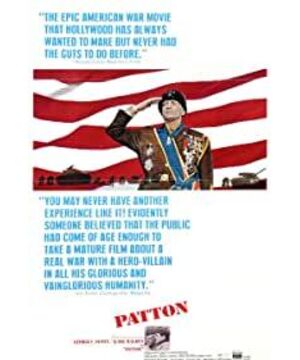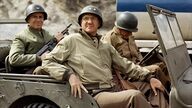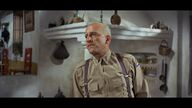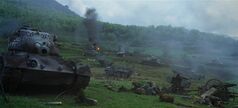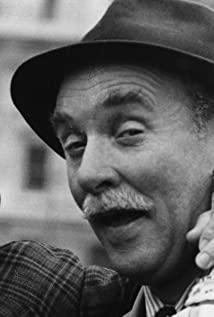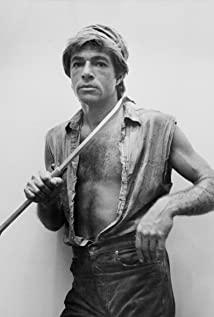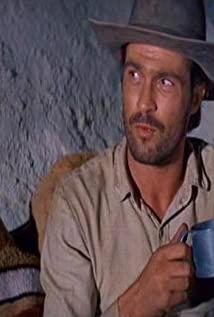Let me talk about the superficial feelings first: the audiovisual language is awesome, and it strictly adheres to the "small to large" segmentation logic. It can really be used as an image textbook for the Film and Television Academy. However, values are still the main theme of the American style, and Barton himself has a lot of complexity to discuss, but because of this conservative American mainstream values, there is no way to extend it more.
Then the audiovisual language analysis: since everyone is playing the opening episode of "General Patton", the audiovisual language is very good, so it is not very new to evaluate the paragraph, so I will find another way.
One of my favorite scenes in "General Patton" is that Patton and the adjutant two continue to walk in the desert after watching the cemetery. a feeling of). Suddenly he stopped to have a conversation in one place. At this time, the director used a long shot of a distant view, and the conversation was used as the narration of the whole picture. The content of the conversation between the two: Patton and the adjutant talk about the enemy commander.
The dialogue was not interrupted, Jingbie cut to the close-up and took the dialogue. The content of the dialogue: Instruct the adjutant to write tactics to the enemy commander, and want to use the medieval singles duel method to fight the Nazi commander. The adjutant thought he was joking and said it was the 20th century now.
After hearing this answer, Patton said: "Take care of the corpses on the battlefield. Don't let the Arabs strip naked without being buried." Then he added: "I hate the 20th century." Then he turned around and left. The camera cuts away the distant view again, but at this time the focus of the camera is on several tombstones in the tomb that the two of them visited just now. But Barton was walking in the distance, his figure so blurred. The sense of space in this shot explains the relationship between an officer and the soldiers who died—he still has his heart attached to the soldiers who gave their lives for the country on the battlefield. He is serious but he is also full of human touch.
The above scenes and soundtracks, composed of audio-visual language, make people think about the theme of the film-the memory of romanticism, the criticism of war is as desolate as a desert.
View more about Patton reviews


